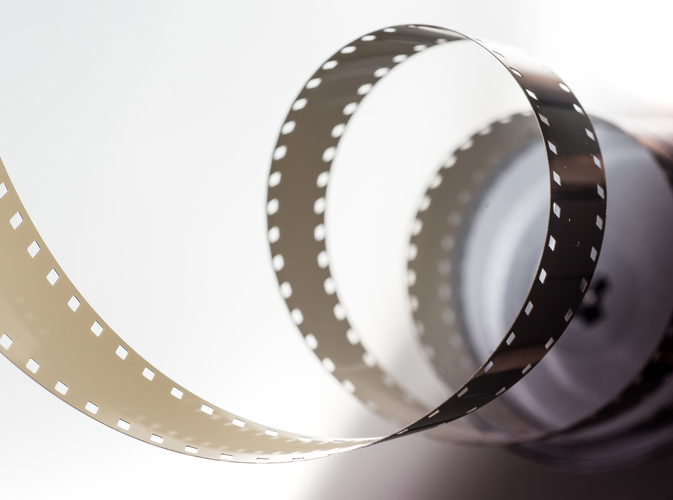
Source Music at the Oscars
On March 4, 26.5 million viewers tuned in for the 90th Academy Awards ceremony, where Guillermo del Toro’s “The Shape of Water” took home the Best Picture prize. We’ve already delved into many of the Best Score nominees, so we thought we’d take a look at some of the more subtle music uses in this year’s collection of Oscar Nominees.
While a film’s score often gets most of the attention, source music can be a vital way to immerse the audience into the film’s world.
LADY BIRD
The source music of Greta Gerwig’s “Lady Bird” was a surprising story in itself. Gerwig managed to acquire the rights to Justin Timberlake’s “Cry Me a River,” Dave Matthews’ “Crash,” and Alanis Morisette’s “Hand in my Pocket,” simply by writing heartfelt letters to the artists (note: your results may vary!). As many viewers noticed, while the song choices drew the audience in to Gerwig’s own childhood, they did not suggest a very specific time setting. The film is set in 2002, which is the year “Cry Me a River” was released, but “Hand in my Pocket” and “Crash” were released in 1995 and 1996, respectively. Gerwig seems to have chosen the songs to create a sort of nostalgia-within-nostalgia – an effect that proved irresistible to critics and audiences alike.
THE FLORIDA PROJECT
The Florida Project, which earned a Best Supporting Actor nomination for Willem Dafoe, uses music in two polar opposite ways. The only music used as “score” in the film is Kool & the Gang’s “Celebration” – first the classic recording over the opening credits, and ultimately a dreamy string arrangement over the film’s climax. The rest of the film uses extremely subtle source tracks, such as music coming through radios and television sets. Much of this music was furnished by Crucial Music including Bobby Harden’s “Pure and Simple Love” and Bronze’s “Jezebel.” The omission of a traditional score or even featured songs pulls us into an oppressively realistic world of poverty and family drama.
CALL ME BY YOUR NAME
Another type of source music, seen last year in “La La Land,” is visual performance – when a character is playing music within the actual narrative of the story. And just like Ryan Gosling, actor Timothee Chalamet had to learn to play the piano for his own Oscar-winning film, in this case “Call Me by your Name.” Classical music plays a large part in young Elio’s life, especially the music of Johann Sebastian Bach. Luckily for the music supervision team, Bach’s music is in the public domain, rendering these performances completely free to the production team.
MUDBOUND
A dark horse at this year’s Oscars, the film Mudbound managed to gain a fair bit of recognition for its music. Much of the buzz came from its featured song “Mighty River,” which was nominated in the Best Song category. The film’s source music included pieces like “Sweet Annabelle” by the Morrie Morrison Orchestra (licensed by Crucial Music), which plays on the radio as two characters drive through town. This piece highlights an important idea in music licensing – using authentic period music. The Morrie Morrison track was recorded in the 1940s, which gives it a distinct and authentic sound. Though technology has come a long way in allowing composers to make their recordings sound dated, there’s more to it than simple vinyl effect plugins. Microphones, instruments, and performance styles have changed so much since the 40s, that it is still a monumental task to make a modern recording truly sound 70 years old. This is one of the many reasons that music supervisors turn to music libraries for specialty music needs.
THE SHAPE OF WATER
Guillermo del Toro’s “The Shape of Water” used period music to complement its vibrant production design and visual aesthetic. Madeline Peyroux’s “La Javanaise,” Glenn Miller’s “I Know Why (And So Do You)” and Andy Williams’ “A Summer Place” are just some of the well-known tunes that make their way into the film in the form of source music. Add in the year’s Best Score from Alexandre Desplat, and a surreal performance of “You’ll Never Know, Just How Much, I Love You,” (originally written in 1943 for the film “Hello, Frisco, Hello”), and you have all the ingredients for a beloved soundtrack.
If you're looking for custom music for your TV, film, or ad project, be sure to check out CrucialCustom.
Get custom music